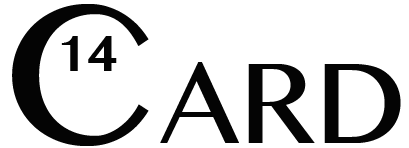CARD fuzzes location data for public visitors to the database. Accessing CARD's full capabilities requires an account available only to researchers at accredited institutions.
Canada / NT / ObRw-1 (Qugyuk) / AECV-1712C
- Lab number
- AECV-1712C
- Material dated
- caribou bone collagen; collagène osseux de caribou
- Taxa dated
- Rangifer tarandus
- Locality
- on the north shore of Harrowby Bay, Cape Bathurst Peninsula, Arctic coast, Northwest Territories
- Map sheet
- 97 F/04
- Submitter
- R. Le Blanc
- Date submitted
- August 10, 0097
- Normalized Age
- 3950 ± 80
- Significance
- Northwest Microblade; Microlame du nord-ouest
- Stratigraphic component
- Level 5
- Context
- S21/W63, level 5, 40-50 cm depth, from bank-edge excavation
- Associated taxa
- Mammalia: Rangifer tarandus
- Comments
- ObRw-1, Qugyuk: This is a multicomponent site: prehistoric Inuit, Arctic Small-tool, and Northwest Microblade, the latter two separable by typology but mixed by cryoturbation. Le Blanc (1994: 193) suggests that five dates from the AECV lab can be interpreted to mean that the Arctic Small-Tool occupation occurred between 2600 and 2050 BC and the Northwest Microblade occupation between 3100 and 2600 BC. Ten years prior to Le Blanc's work at this site, McGhee had collected bison and caribou bones dated by the RIDDL AMS lab. They were "recovered from a caribou kill site which yielded large quantities of caribou bones, fire cracked rocks, flaked stone detritus, but no artifacts diagnostic of cultural affiliation" (Cinq-Mars, 1991: 151). Although the two samples differ in age, both were tentatively accepted as indicating that the site had been used sporadically over a long period of time.
